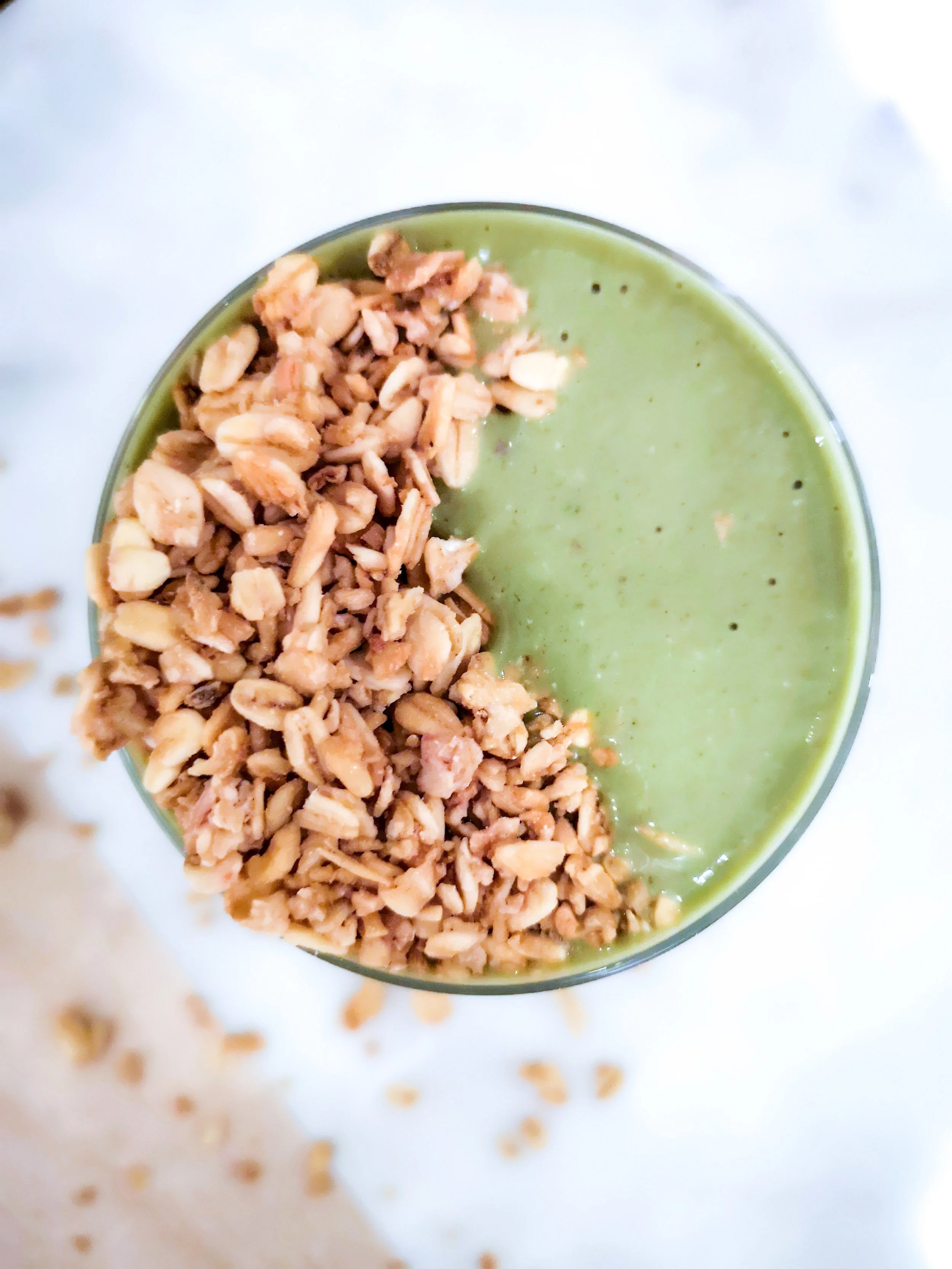Often demonised by the diet industry, carbohydrates are actually the unsung heroes of our daily diet, playing a crucial role in providing energy for our bodies. These macronutrients, found in foods like grains, fruits, and vegetables, are the primary fuel source for our muscles and brain.
Read MorexIn this blog we’re going to explore Susie Orbach’s 8 different types of hunger, why we might eat in the absence of hunger and how this might be confusing for clients on their eating disorder recovery journey.
Read MoreYou don’t have to love your body, but it is important to learn how to be ‘ok’ with it and that means ‘ok’ with it NOW. Not when you have lost 5lbs, not when you have got abs, not when you have recovered...now.
Read MoreEstablishing regular eating habits forms a fundamental part of overcoming disordered eating. Regular eating is the foundation upon which other positive changes in eating habits are based.
Read MoreIt’s a minefield out there, with many qualified (and unqualified) professionals all claiming to be nutrition ‘experts’, so how do you know what each title means and who you should chose to work with?
Read MoreSnacking gets a lot of negative press but what’s truly important is to look at why you are snacking and what your body is trying to tell you…
Read MoreWhat is intuitive eating? Is it a new fad diet or food craze or, is it a guiding principle that can free people from food fear and endless negative self-talk? In this article I summarise what Intuitive Eating is and its overarching principles.
Read MoreA simple green smoothie is a great way to support help improve sleep and overall mood health. Dark green leafy vegetables, rich in magnesium, are also a great way to support a good night sleep.
Read MoreAs well as essential vitamins and minerals, fruit and vegetables also contain a variety of biologically active chemical compounds known as phytochemicals, which have shown to be beneficial to human health when included as part of a balanced diet.
Read More








